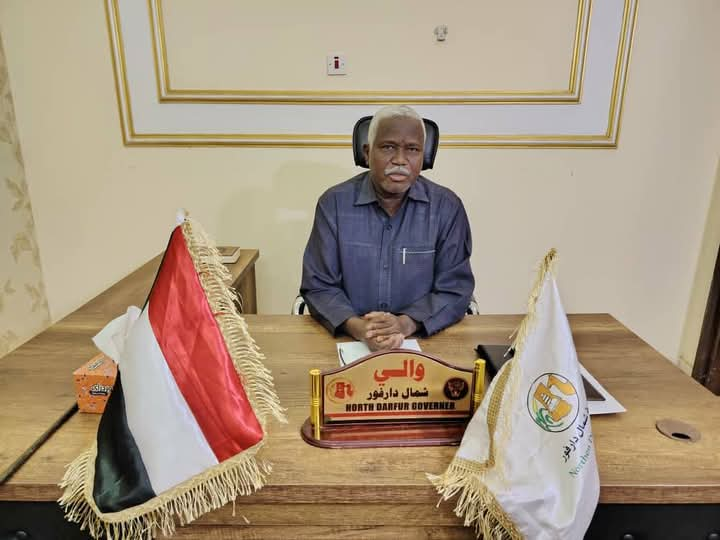December 25, 2010 (KHARTOUM) – A group of radical Muslim clerics on Friday overtly faulted the Sudanese government for accepting south Sudan’s referendum on independence, and demanded imposition of Islamic Shar’iah law in the entire country whether citizens of the mainly Christian region of south Sudan like it or not.
South Sudan, whose population mostly follows Christianity or traditional beliefs, is bound for secession from the Muslim-ruled north in a referendum vote due in January 2011, a plebiscite stipulated by the 2005’s Comprehensive Peace Agreement (CPA) which in 2005 ended nearly half a century of intermittent civil war between north and south Sudan.
Under the CPA, north Sudan maintained Islamic laws whereas the south was given extensive autonomy under a secular government led by the former southern rebels Sudan People’s Liberation Movement [SPLM].
The legitimate League of Muslim Preachers and Clerics (LLMPC), a group of radical clerics existing in parallel to the official clerical body known as the Association of Muslim Scholars, marched in protest on Friday, 24 December, and held a press conference in which the group’s leaders declared rejection to south Sudan’s referendum on independence and called on the government to implement Shari’ah law in full.
The group’s prominent member Mohamed Abdel-Karim addressed the protestors and demanded the government in the north fulfills its long-standing promise to implement Shari’ah Islamic law regardless of what southerners want.
Abdel-Karim, whose name is often cited in association with Al-Qaidah branch in the Land of the Two Niles, said that the implementation of Islamic Shari’ah was currently incomplete in Sudan as evidenced by the fact that president Al-Bashir said he would adopt an Islamic constitution after south Sudan secession.
Sudan president Al-Bashir last week sparked a nationwide controversy when declared that the north would change the constitution to make Shari’ah the only source of lawmaking and Arabic the only language if the south decided to part ways with the north.
“If god forbids, the South separates [then] the constitution will be amended [and] a lot of things relating to the South will go away,” he said in a speech in the eastern state of Al-Gadarif.
“But the opaque talk [about] the Sudanese people I don’t know what…is multi-racial and multi-religious, the [Islamic] Shari’a will be the main source for lawmaking….and Arabic language will the official language of the state as will be stipulated in the upcoming constitution,” Al-Bashir added.
The group’s leaders declared south Sudan’s referendum on independence as “null and void” and part of a “Zionist-Western” plot to divide Sudan into five frail states, implying that the government was already aware that signing the CPA would pave the way for the south to secede.
“Those who say that the agreement [CPA] was consented by all sides and that they are surprised that the people of the south [will] choose secession have deceived the nation because the agreement works in favor of secession,” Abdel-Karim was quoted by the daily newspaper Al-Sahafah.
Abdel-Karim further warned that secession would reflect negatively on the Islamic gains in the south under a strong secular drive to boot Islam out of the region.
In August 2009, Mohamed Abdel-Karim and his group sparked concerns of raising religious extremism when they issued a Fatwa branding members of the Sudanese communist party as infidels and instructed that they should be divorced from their spouses and their children to be deemed children of adultery.
Separately, the leader of the National Umma Party Al-Sadiq Al-Mahdi, who is also the leader of Al-Ansar religious sect, poured scorn on the LLMPC, saying that their demands would tear Sudan into pieces.
(ST)


